Body and Organ Donation
Fraud Alert: Potential unethical practices
The practices at some for-profit non-transplant tissue banks are concerning. These companies, which are different from the organ and tissue transplant industry that the U.S. government regulates, can offer misleading information to people interested in “donating their bodies to science.” These organizations are sometimes referred to as “body-brokers” and may use bodies in illegal ways, such as through illegal storage or selling practices. Confirm AATB accreditation. See below section on Whole Body Donation.
What is the difference?
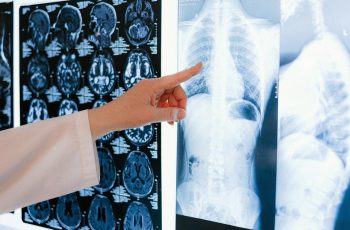
Organs
- Includes: lungs, heart, liver, kidneys, intestines, pancreas.
- You must already be in a hospital AND on life support AND be unrecoverable (usually brain dead), so less than 1% will be able to do this.
- Does NOT impact funeral arrangements of any kind.

Tissue & Eyes
- Includes corneas or whole eyes, skin, veins, bone and connective tissue, heart valves.
- You can be anywhere in the US and the tissue recovery can happen after the moment of death.
- Does NOT impact funeral arrangements of any kind.
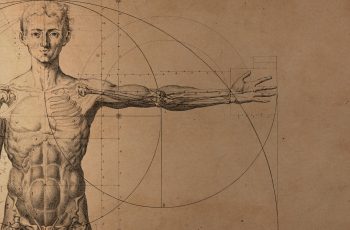
Whole Body
- Purpose is not to save or enhance the lives of living persons. It is for research or to train medical professionals.
- Replaces the need and cost of managing the deceased’s body.
- Arrangements must be made with a specific company or university.
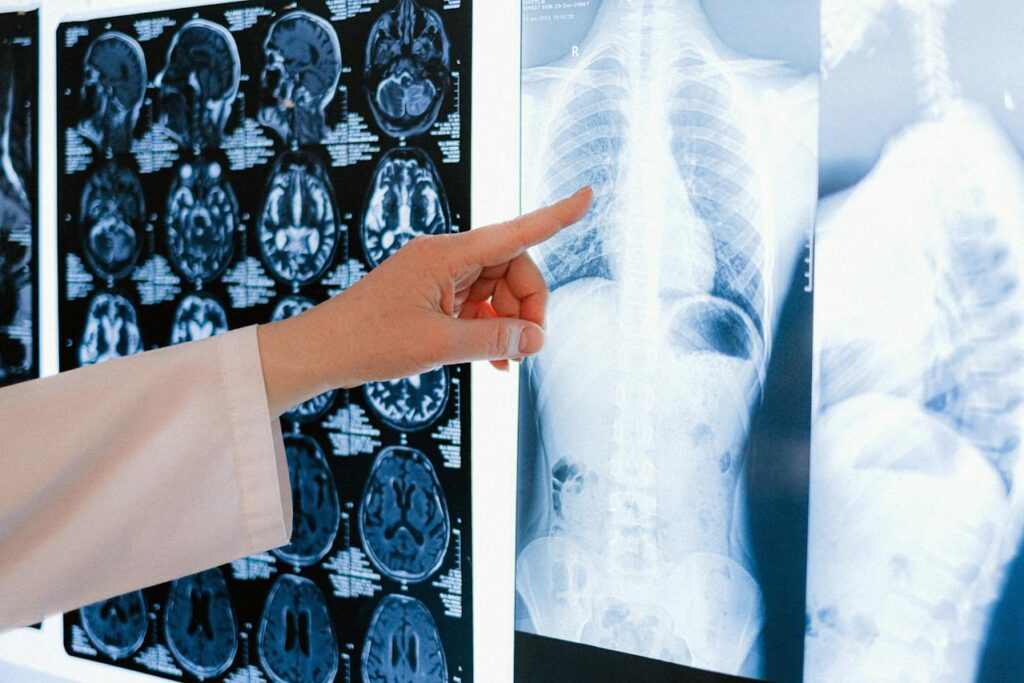
Organ and Tissue Donation
Do they take everyone?
No. Your medical condition at the time of death will determine what organs and tissues can be donated. Normally age is not a problem. Experts advise that you make the decision to donate and let the professionals decide at the time of death whether your donation can be accepted.
Can you donate organs, tissues AND your whole body?
Maybe. It depends on the circumstances around the death and the body donation program you choose. There will be at least 2 different organizations involved, so coordination will be a challenge.
The rare case of ORGAN donation
Almost no one will be in a situation where donating organs is even possible. If they are, they will already be in a hospital, which is set up to follow procedures when this might be a possibility.
- Your doctor does NOT decide if your organs could be donated. A separate organization outside the hospital determines eligibility, finds a matching recipient, and manages the transplant.
- If you DID sign up to be a donor, your wishes override your family’s wishes.
- If you did NOT sign up to be a donor, then your family will be asked to decide after the outside organizations determines that you are a possible donor.
Is it free? YES!
- Donating eyes and tissues involves a minor surgical procedure and can be done almost any place where the deceased can be held in refrigeration, which includes hospitals, the coroner’s, and funeral providers. There is no cost.
- Donating organs involves a major surgical procedure and is ordinarily done in a hospital. There is no cost to the donor’s family or estate for donation. The donor pays only for medical expenses BEFORE death.
What if you die outside of a hospital?
The coroner’s office receives all death certificates and automatically notifies the tissue organizations who then check to see if you signed up. If you did, your family will be contacted and arrangements made.
How do you sign up?
You have 2 options. BOTH registries are searched by those seeking donors.
National Registry
You can register your decision in the National Donate Life Registry here on the donor registration page, on RegisterMe.org, or in your iPhone Health App. Your donor registration is a binding, legal document of gift. You can remove your registration, update your personal information or specify more detailed donation preferences at any time at RegisterMe.org.
State Registries
The Health Resources and Services Administration at the U.S. Department of Health and Human Services has more information and links to each state’s registry here.
Or you can you to sign up when you get your driver’s licence.
Reliable Information Sources
If you have questions about local laws and practices, first try your state’s organ/tissue donation website, otherwise you can contact your state’s expert. This link should connect to Donate Life’s page Get Locally Involved, which includes the name of each state’s program and a contact person.
United Network for Organ Sharing (UNOS) is a non-profit serving as the nation’s transplant system under contract with the federal government. They lead the network of transplant hospitals, organ procurement organizations, and thousands of volunteers that make lifesaving transplants possible for patients in need. Their website includes a lot of basic information about how the system works and related statistics.
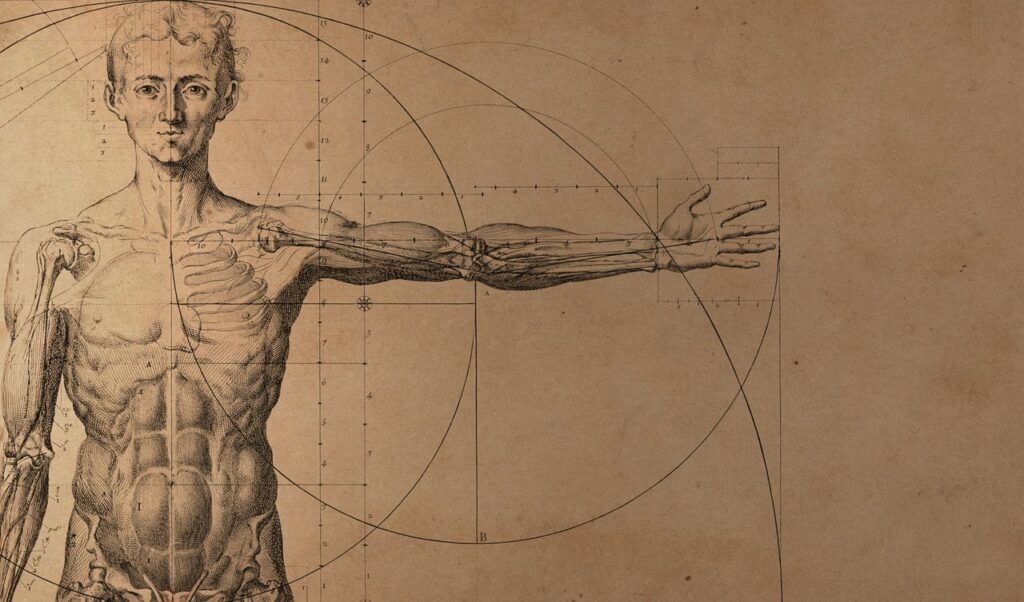
Whole Body Donation
What does this mean?
Donating your whole body after you die (also known as donating to science) means you bequeth your bequeath your body after death. It does not involve transplant of any part to another human. Instead, it is needed for advancement in research and education.
Do they take all bodies?
No. Each institution has its own criteria. Normally age is not a problem. Typical obstacles are bodies that had a communicable disease or are too heavy or too far. Experts advise that you make the decision to donate and let the professionals decide at the time of death whether your donation can be accepted.
Can you donate your organs AND your whole body?
Maybe. It depends on the program you choose.
Is it really free?
It can be. Some, BUT NOT ALL, institutions will transport the body and even return cremated remains all at no charge.
What do you have to do to participate?
SOME institutions require you to complete a registration or authorization, so you have to sign up while you are still alive to make that decision. OTHER institutions accept the decision of the survivor handling your affairs.
What are these "institutions" that take these bodies?
There are many medical universities that have body donation program. There are also for-profit private companies that support medical research.
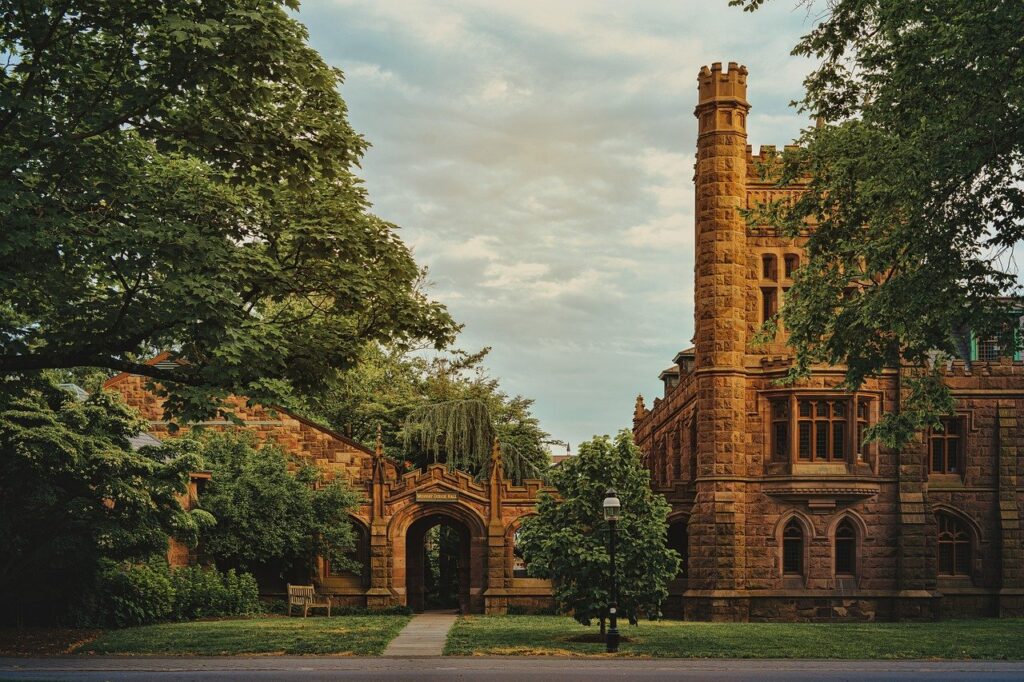
Where to Donate Your Body
Universities in the United States
The Anatomical Board of the State of Florida keeps a list of medical schools in every state that have body donation programs.
Click here to go directly to that page on their website.
To participate in a specific program, you MUST contact them directly.
Other organization we have found...so far
A non-profit in Maryland that has a broad network, although the total area served is unclear.
- Not entirely free. You pay for shipping and handling fee for the return of ashes, if you want them returned. It pays for donor transport, filing fees, and the cremation fee.
- You have to handle the Death Certificate yourself.
- Has no upper age restriction.
- Can accept donations from individuals with a wide variety of medical conditions.
- Does NOT accept bodies with certain communicable diseases such as Hepatitis B or C, HIV/AIDS, Tuberculosis, Creutzfeldt-Jacob disease, or Syphilis and “several other conditions.”
- Areas served is unclear.
Don’t be fooled by the “.org” in the web address. This is a privately held, for-profit company.
- Free. Pays for transportation arrangements, one certified copy of the death certificate, cremation, and either the return of the cremated remains or placement in an ossuary.
- Has no upper age restriction.
- Can accept donations from individuals with a wide variety of medical conditions.
- Does NOT accept bodies with certain communicable diseases such as HIV/AIDS, hepatitis B or C, history of intravenous (IV) drug use, recent prolonged incarceration, institutionalization, or homelessness, and being severely over or under weight at the time of passing.
- Accepts donors from all states within the continental United States except New Jersey, Minnesota, North Dakota and Arkansas.
This is a privately held, for-profit company, headquartered in Arizona. They have the LEAST INFORMATION on their website we have found so far.
- Free. Pays for transportation, cremation, filing the death certificate and permits, and the cost of returning cremated remains to a designated recipient.
- Probably has no upper age restriction because they have special program targeting hospice patients.
- Does NOT accept everyone, but does not say what the criteria is.
- Has “donation centers” in Arizona, California, Colorado, Florida, Illinois, Pennsylvania, and soon Texas, and “the ability to accept donations in up to 46 states.”
